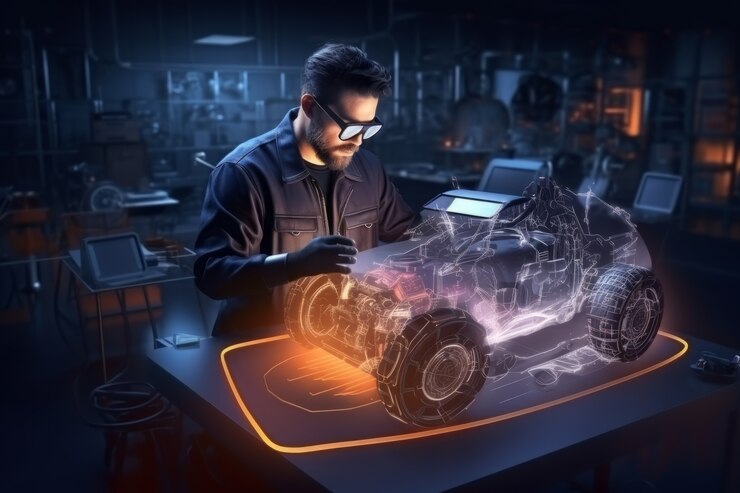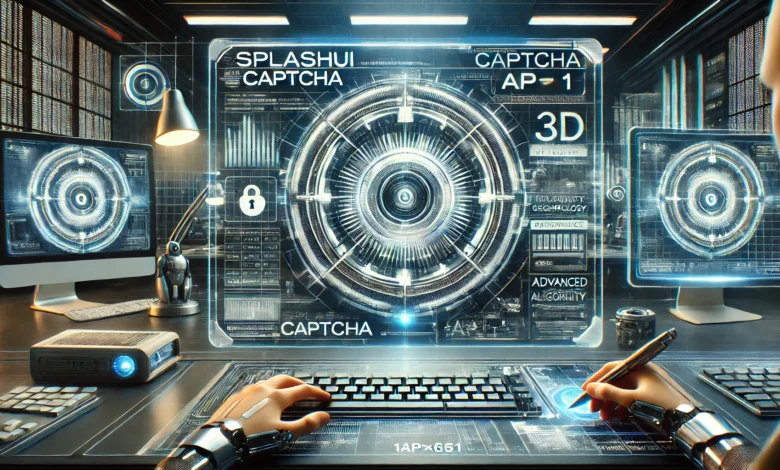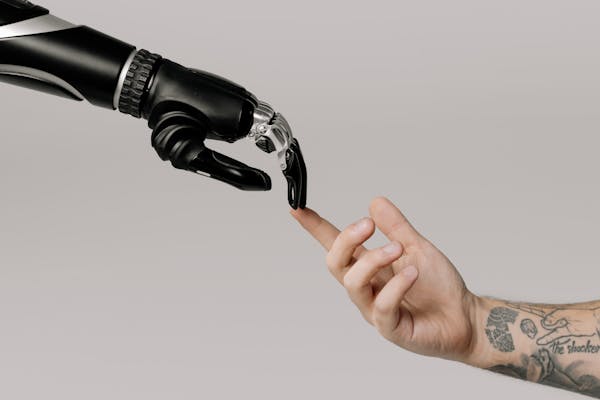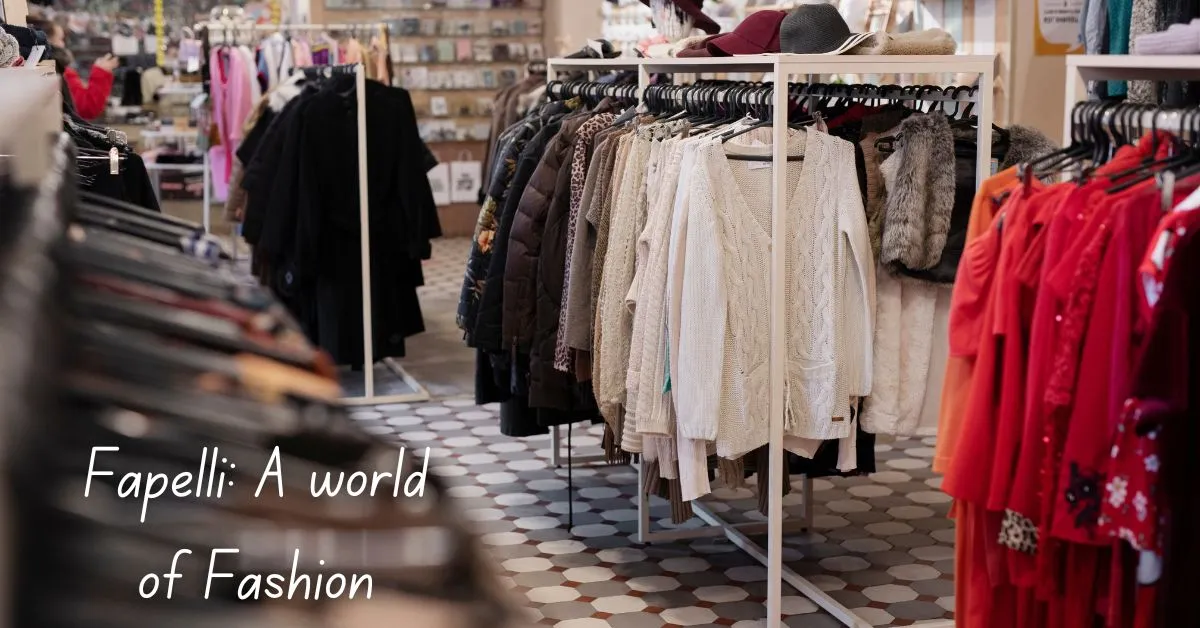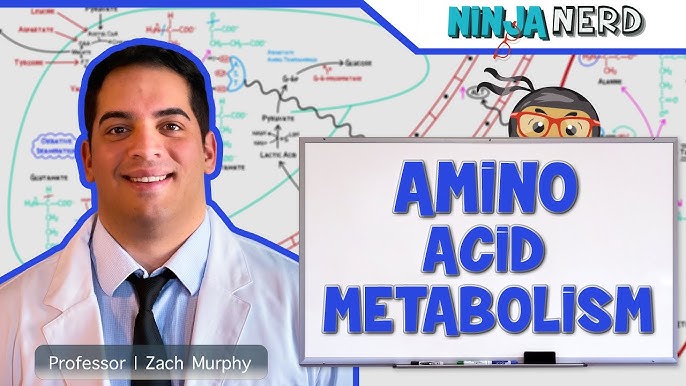Contrary to popular opinion, being a student of history isn’t about memorizing a bunch of dates and facts about long-dead people. Studying history is about people, though. It’s about learning how people’s actions and choices affect one another – for good or for ill. Winston Churchill wrote, “Those that fail to learn from history are doomed to repeat it.” This isn’t just a warning about studying for that test on the Roman Empire. It’s an admonishment to ensure that we all take some time out of our busy lives to learn something about why we should treat one another well.
Movies that Move Us
Remember “Schindler’s List?” How did that movie make you feel? What about “Roots?” These movies depicting social injustice aren’t supposed to make you leave the theater you feeling great about the human condition. These movies were deliberately filmed to encourage us all to think about the atrocities people visit on one another so that we can make sure these things don’t happen again. David McKenzie the producer of projects on poverty in Africa and the education of homeless children in America, joined forces with Montel Williams and Dean Cain to shed light on the rise of anti-Semitism in today’s world with their film “The Hate Among Us.”
Why this topic for this movie, you may ask? Anti-Semitism doesn’t just affect Jews. The revulsion spewed by anti-Semites insidiously filters throughout the subconscious minds of those who spout that evil. It eventually spills over into hating other segments of society deemed ‘different’ by these hatemongers. Stopping anti-Semitism is a goal for all people who care about the betterment of our world. Those who believe the world can be a better place stand up for what’s right, regardless of whether it affects them directly or not.
What You Can Do
Not all of us are called to make an impact on a global scale like the makers of these films. Most of us can and should make a difference in our daily lives, though. We can refuse to tolerate racist jokes, for one. Another thing we can do is educate ourselves about segments of society we think of as different from us. We can look for and celebrate our similarities instead of focusing solely on the things that divide us. As for those things that divide us, why can’t we celebrate those, too? Life would be very boring indeed if we were all cookie-cutter images of one another.
Diversity and inclusion aren’t just buzz words thrown around by psychologists on news programs to make themselves sound important. One way these two concepts help everyone in a real-world application is by coming up with solutions to various problems. If everyone working on a problem is from the same mindset, background, and education, the solutions they present will all be the same. Including people of different origins on that same team will enable a variety of solutions, increasing the likelihood that the problem will actually be solved.
Improving the lives of all of humanity is something we should all work for together.

